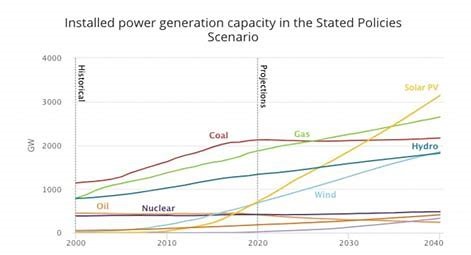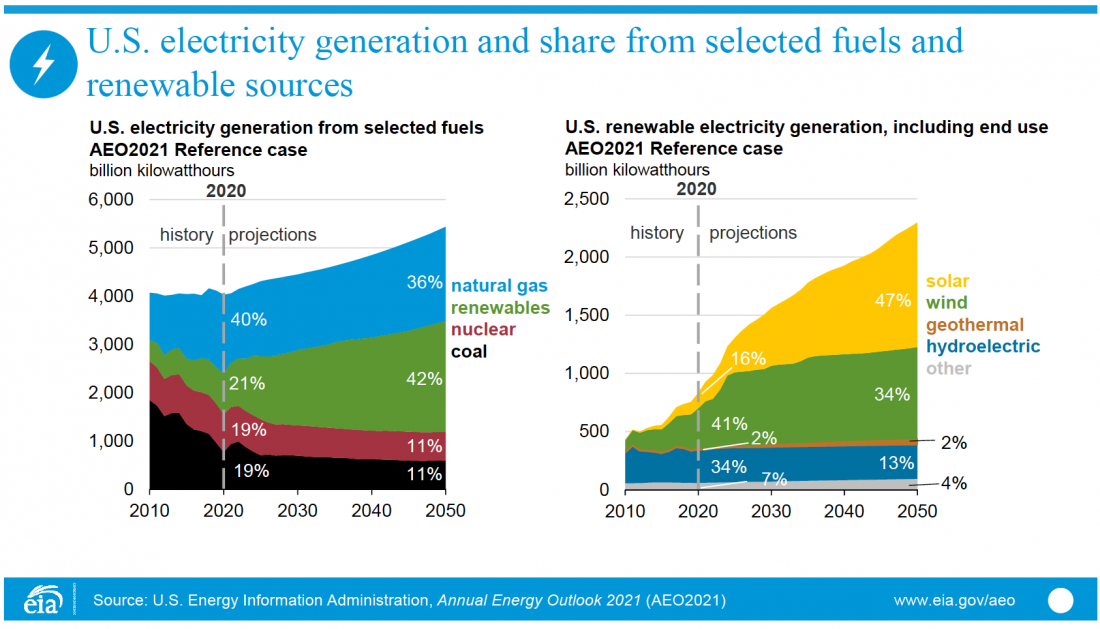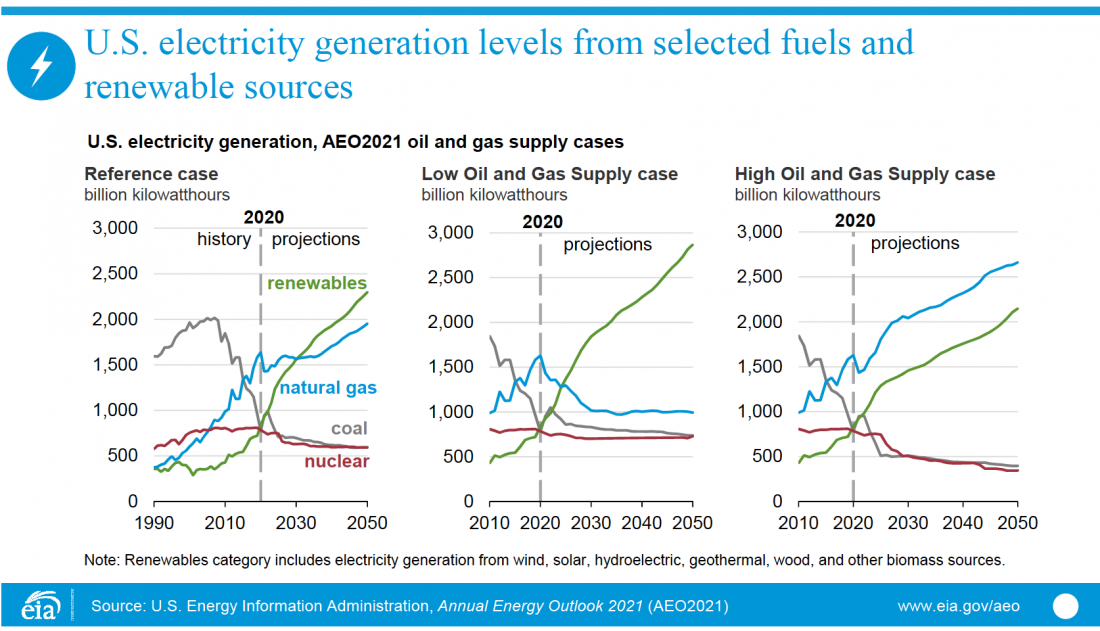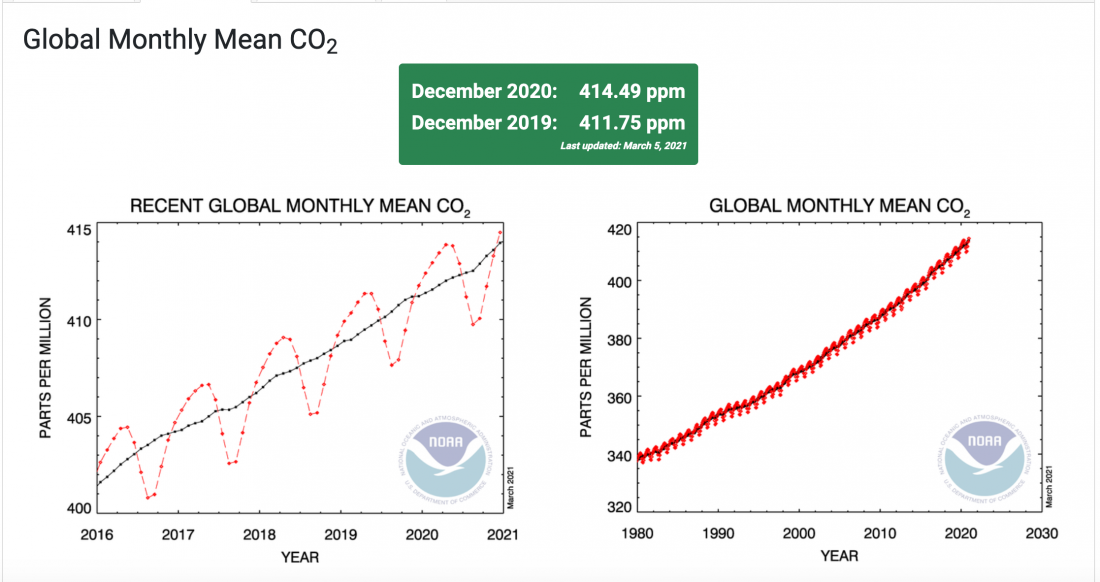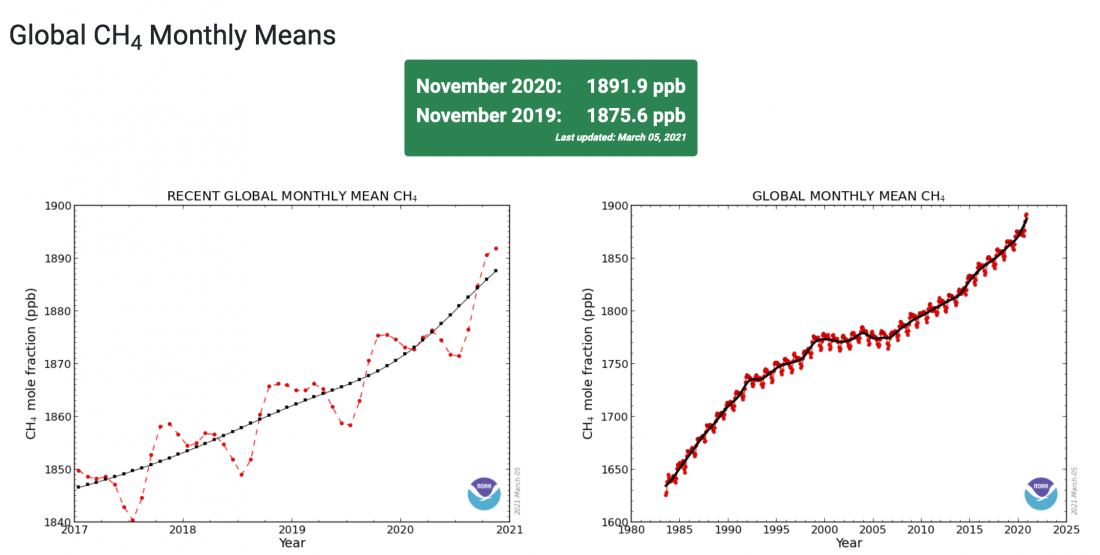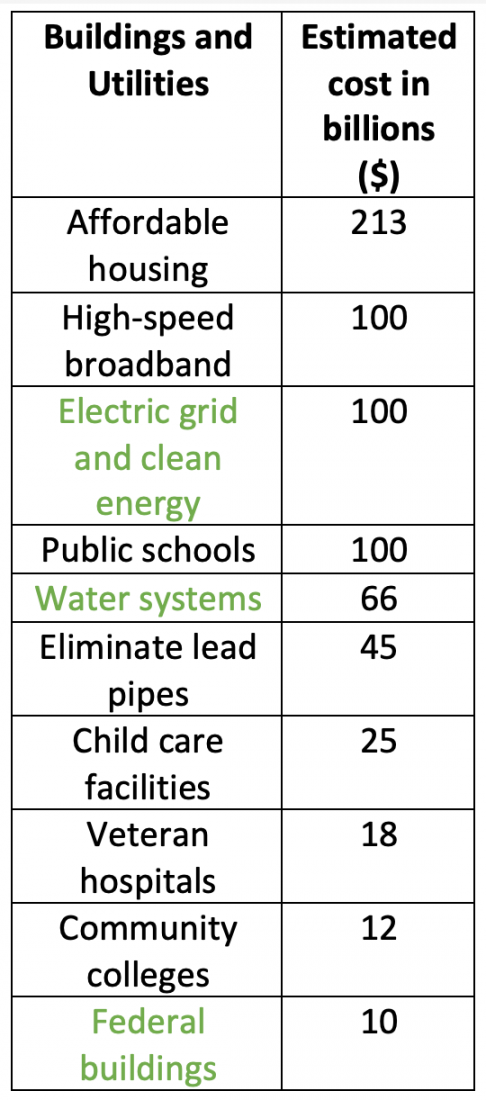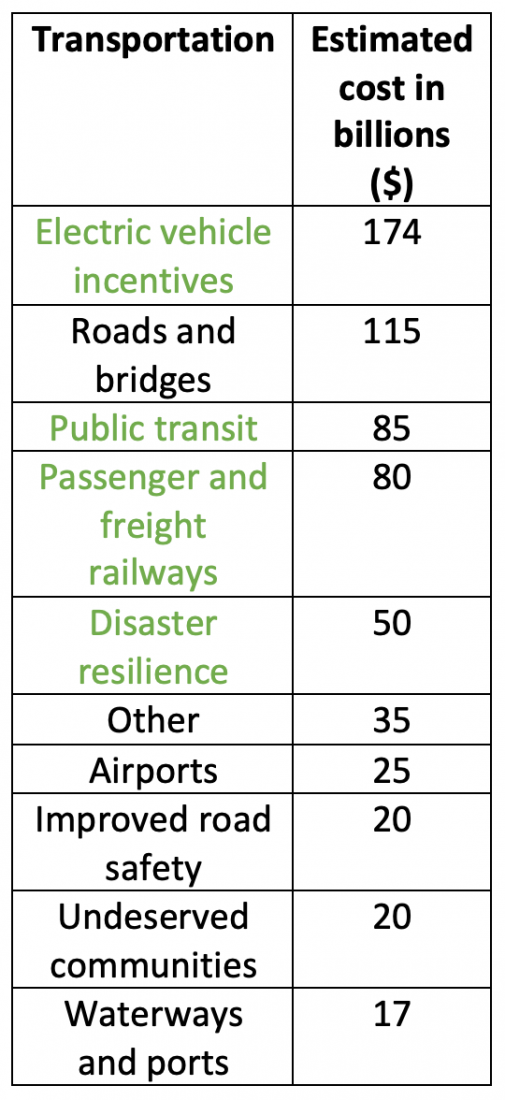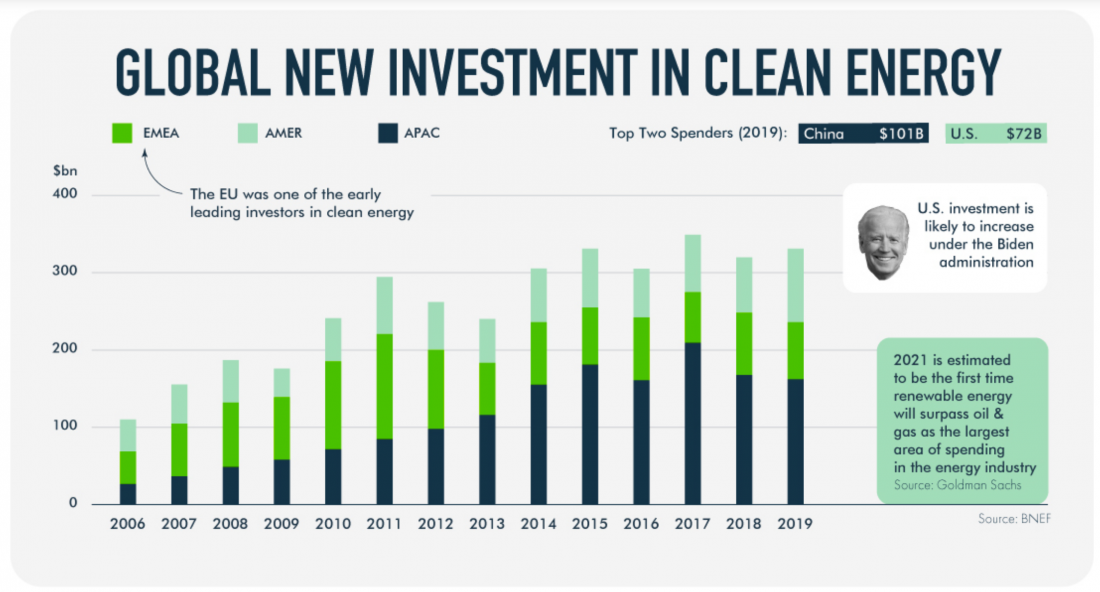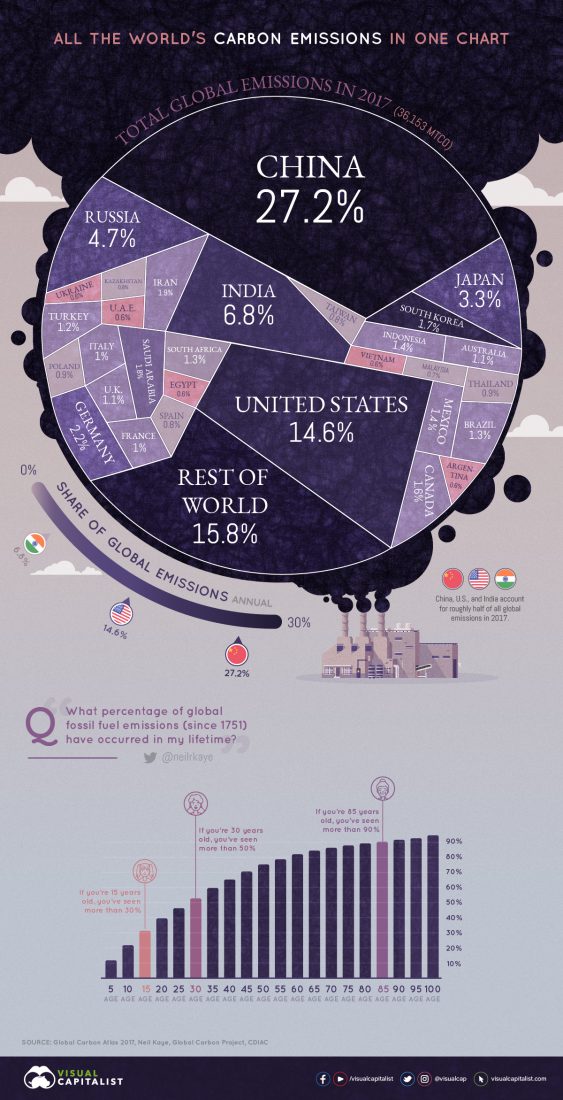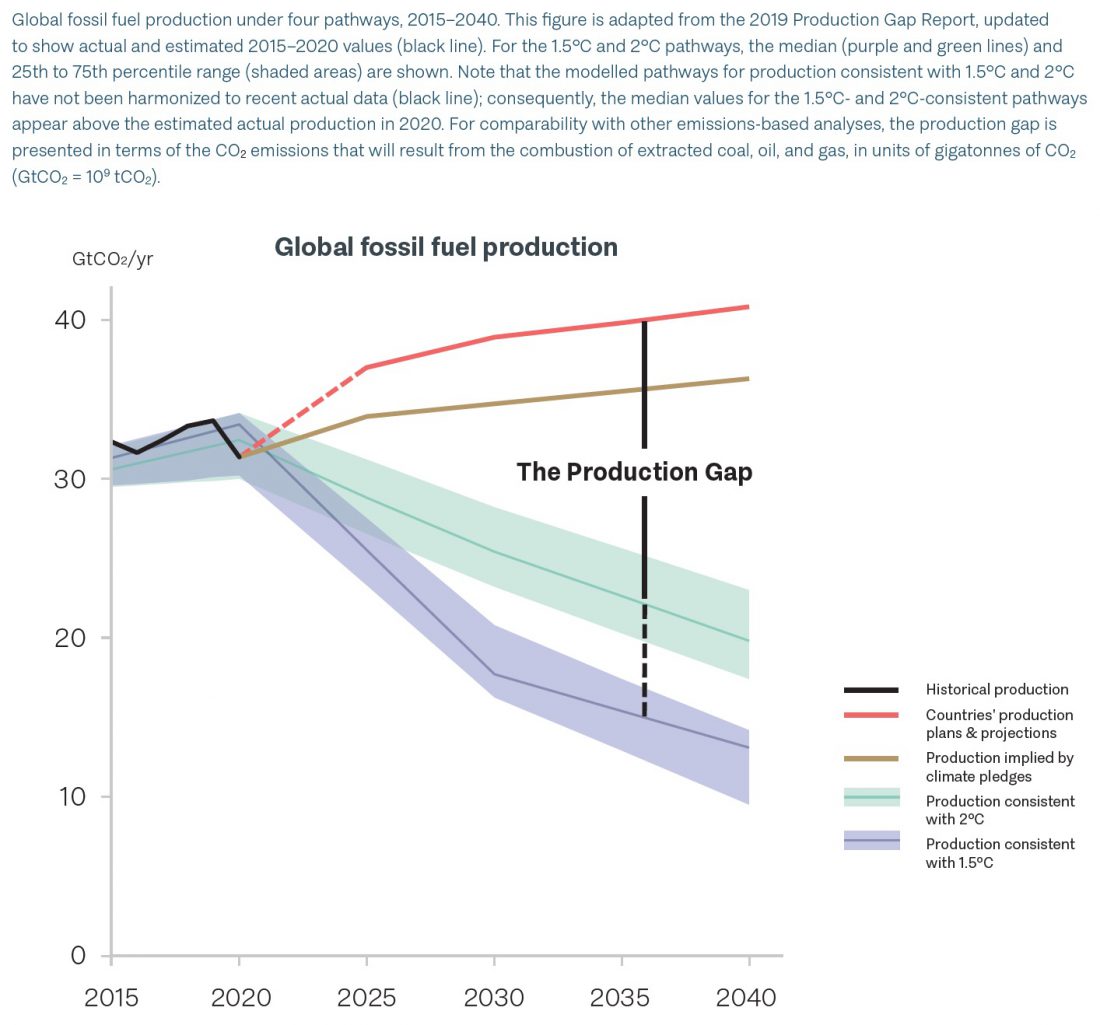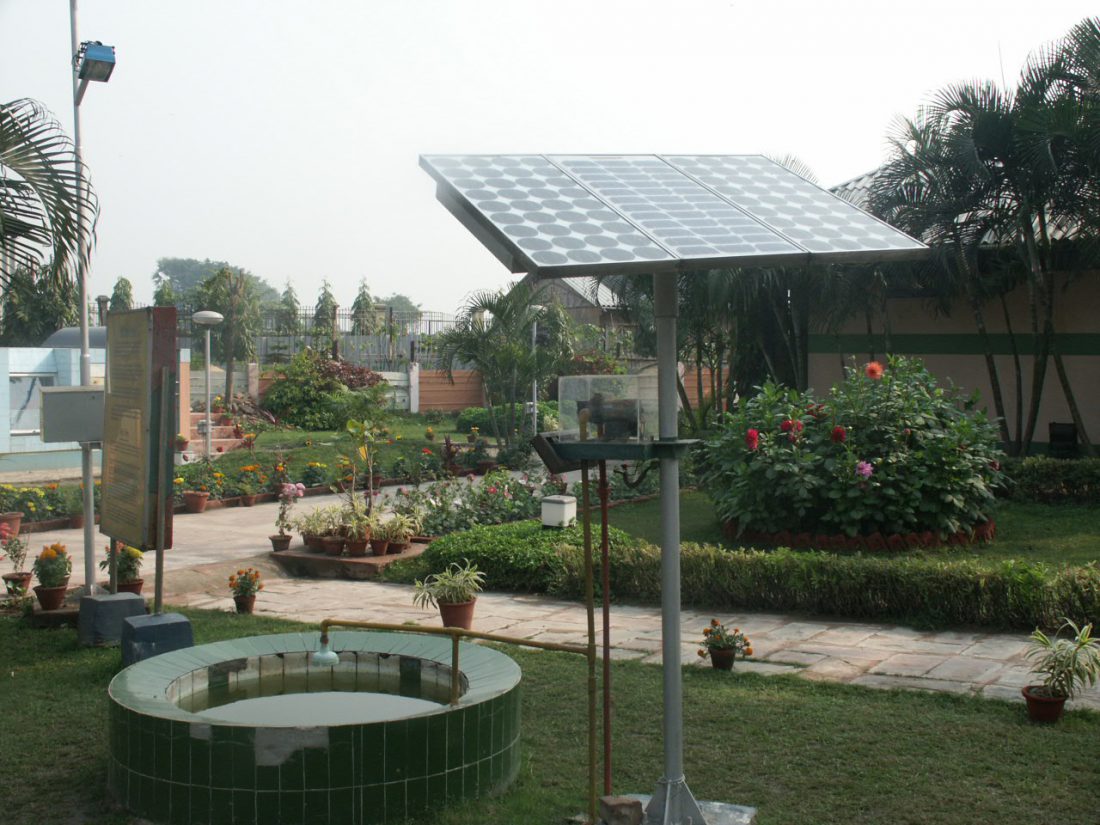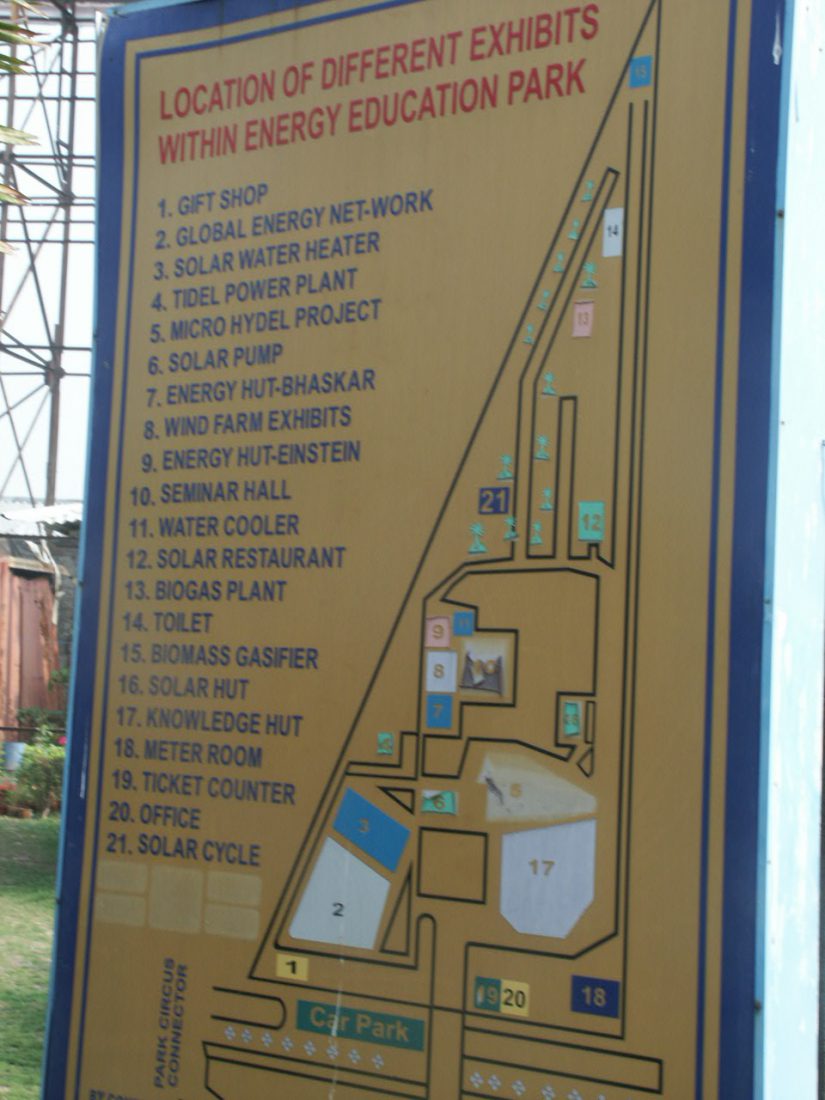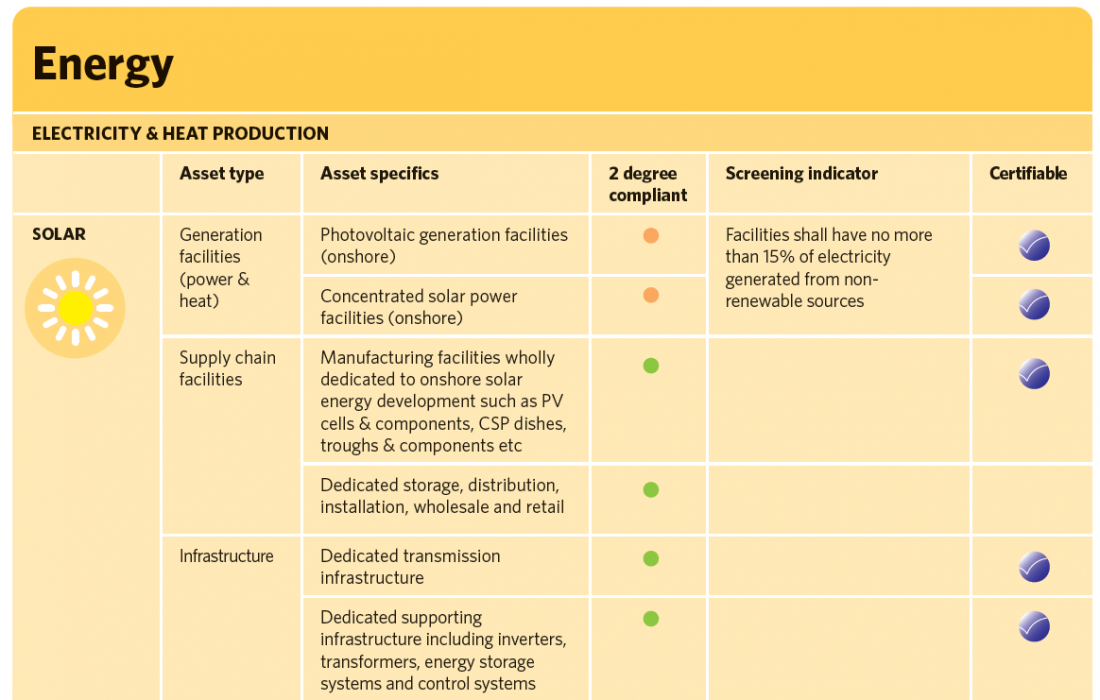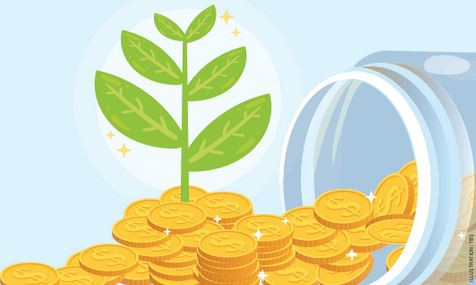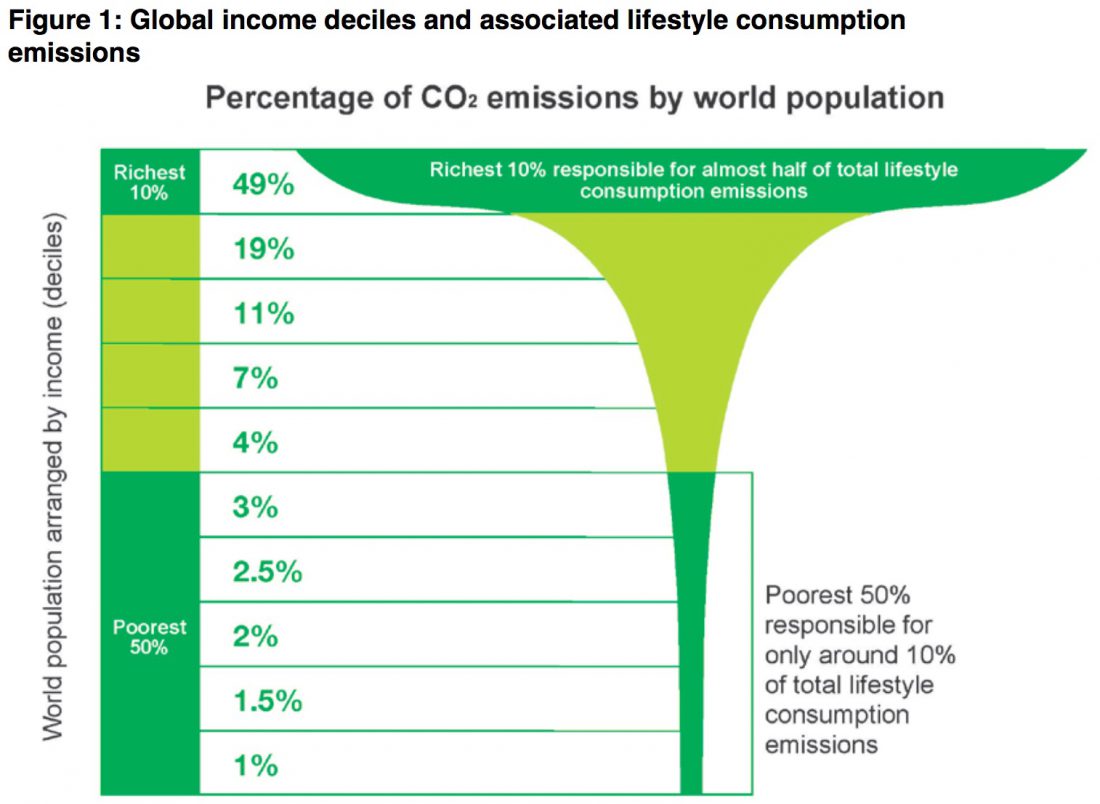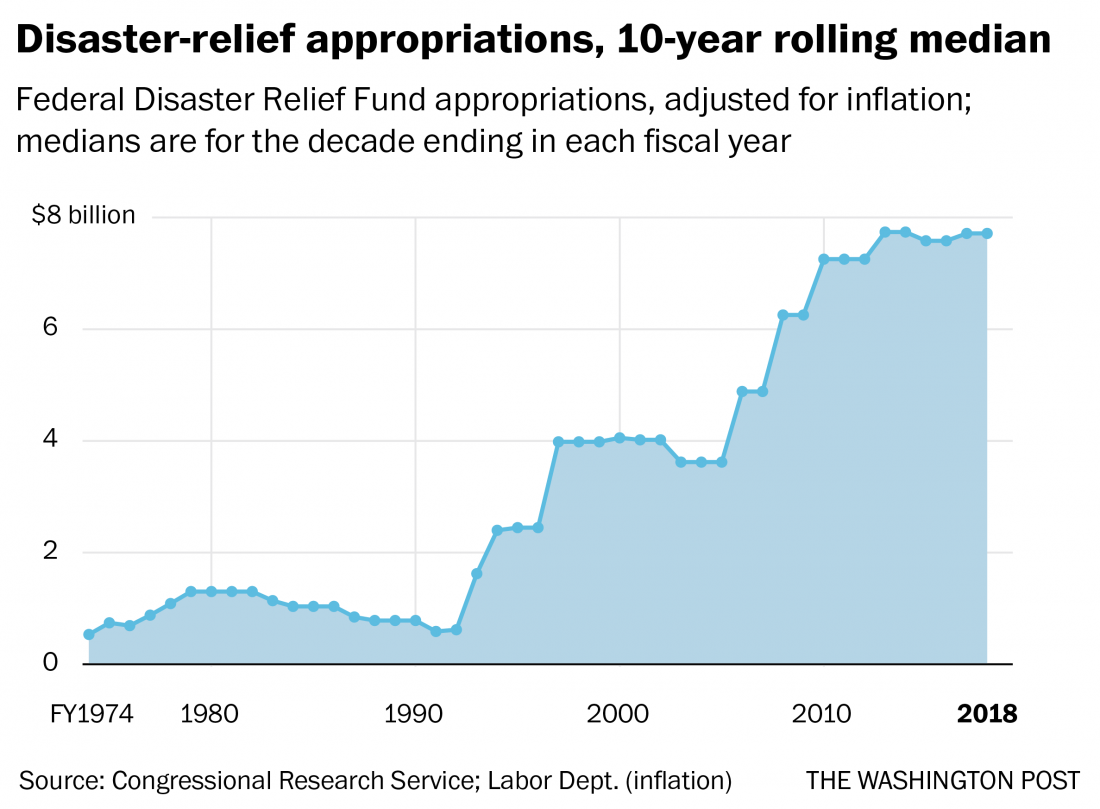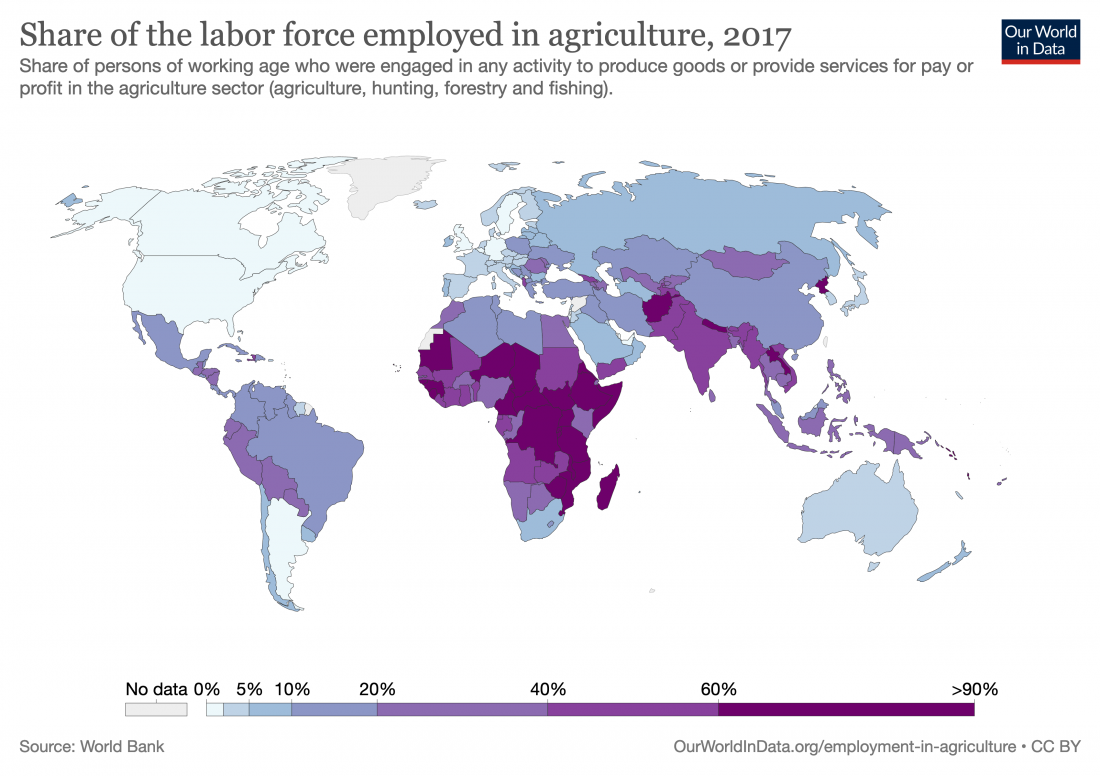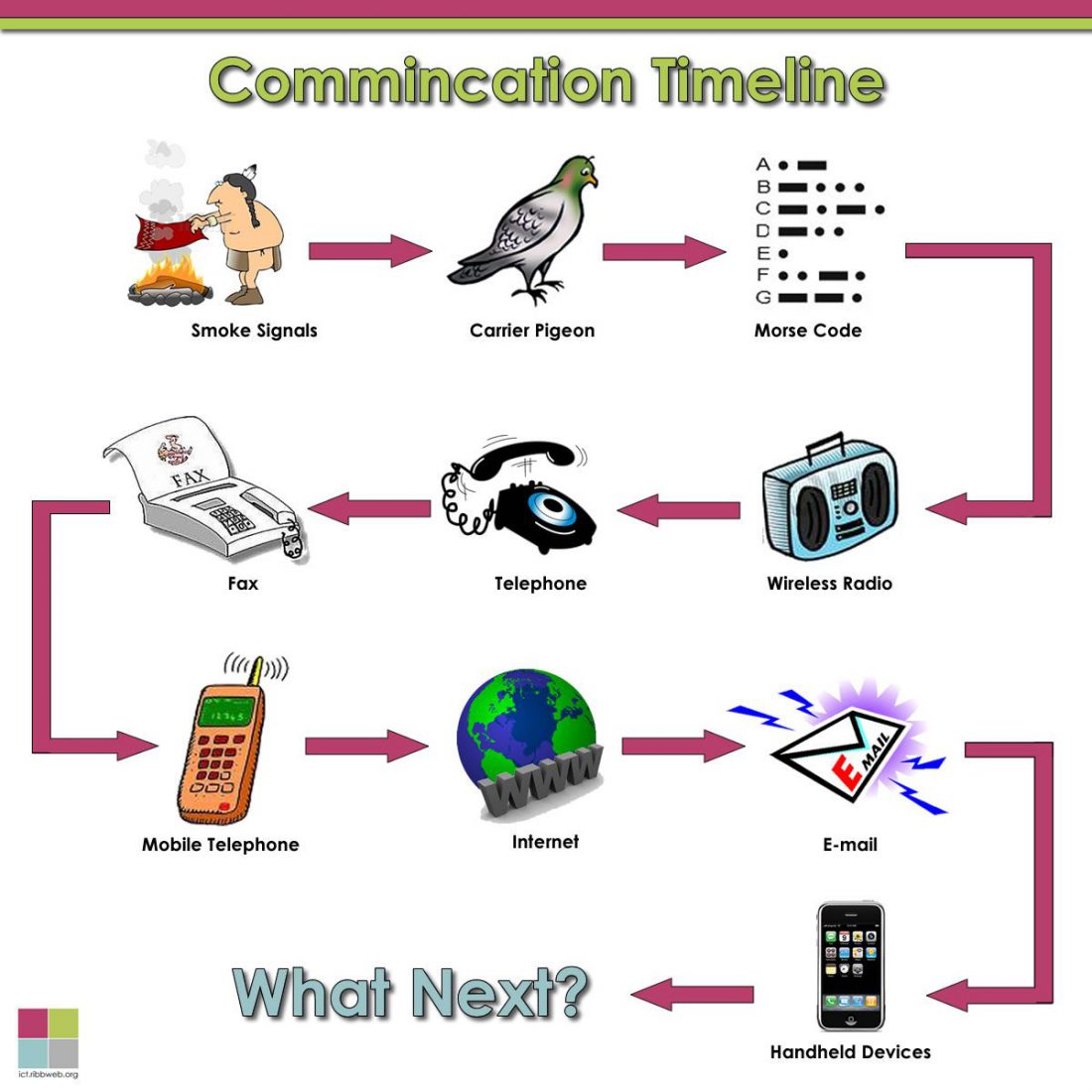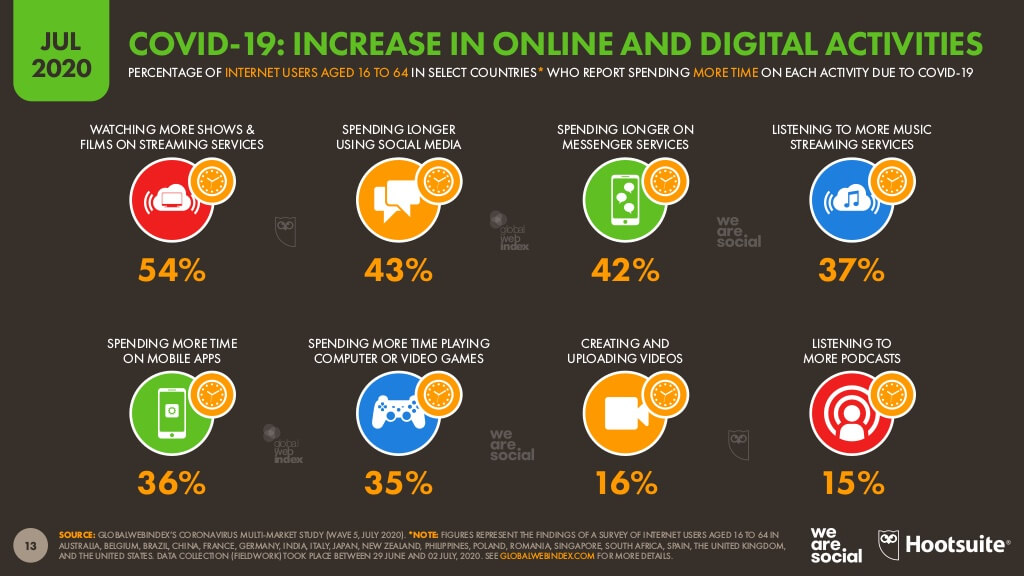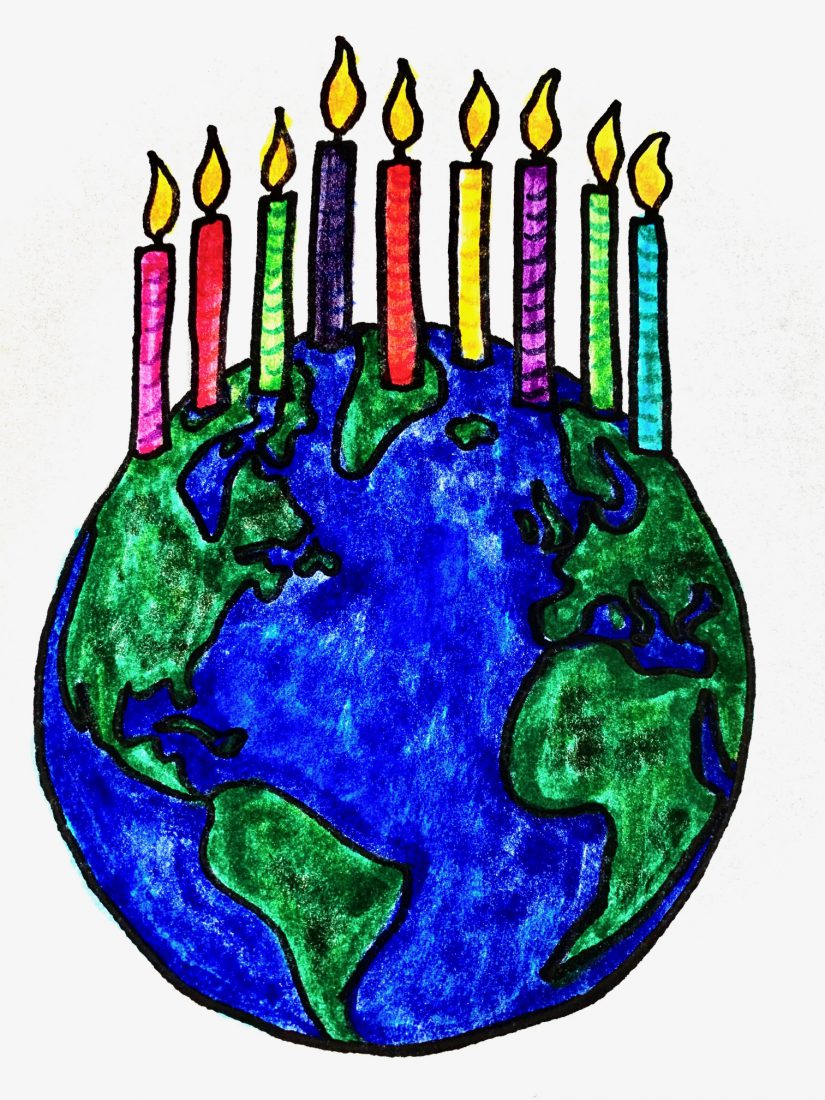
Earth Day is in two days. It’s a big day. Among other distinctions, it is both my wife’s birthday and that of this blog (this is now 9 years!). From a climate change perspective, this year’s celebration is special because we are less than three months out of an administration that denied and ignored the existence of and our contributions to the phenomenon. In contrast, the new administration considers climate change one of its most important challenges. For his first Earth Day in office, President Biden has demonstrated this by inviting 40 heads of state to a (virtual) meeting to outline a joint commitment to renewed global climate change mitigation efforts.
The key items for discussion are:
- Galvanizing efforts by the world’s major economies to reduce emissions during this critical decade to keep a limit to warming of 1.5 degree Celsius within reach.
- Mobilizing public and private sector finance to drive the net-zero transition and to help vulnerable countries cope with climate impacts.
- The economic benefits of climate action, with a strong emphasis on job creation, and the importance of ensuring all communities and workers benefit from the transition to a new clean energy economy.
- Spurring transformational technologies that can help reduce emissions and adapt to climate change, while also creating enormous new economic opportunities and building the industries of the future.
- Showcasing subnational and non-state actors that are committed to green recovery and an equitable vision for limiting warming to 1.5 degree Celsius, and are working closely with national governments to advance ambition and resilience.
- Discussing opportunities to strengthen capacity to protect lives and livelihoods from the impacts of climate change, address the global security challenges posed by climate change and the impact on readiness, and address the role of nature-based solutions in achieving net zero by 2050 goals.
Next week, I will discuss the meeting’s results, in terms of concrete efforts and new goals. This anticipated meeting has drawn a unique response from many of the major players in the American business community:
310 businesses and investors with a footprint in the United States have signed a powerful open letter to President Biden indicating their support for the Biden administration’s commitment to climate action, and for setting a federal climate target to reduce emissions.
The letter was published as the world awaits the Biden administration’s announcement of a 2030 emissions reduction target, or Nationally Determined Contribution (NDC) pursuant to the Paris Agreement, in the lead-up to the Leaders’ Summit on Climate.
Below is the first part of the letter:
We, the undersigned businesses and investors with a major presence in the U.S., applaud your administration’s demonstrated commitment to address climate change head-on, and we stand in support of your efforts.
Millions of Americans are already feeling the impacts of climate change. From recent extreme weather to deadly wildfires and record-breaking hurricanes, the human and economic losses of the past 12 months alone are profound. Tragically, these devastating climate impacts also disproportionately hit marginalized and low-income communities who are least able to withstand them. We must act now to slow and turn the tide.
As business leaders, we care deeply about the future of the U.S. and the health of its people and economy. Collectively, our businesses employ nearly 6 million American workers across all 50 states, representing over $3 trillion in annual revenue, and for those of us who are investors, we represent more than $1 trillion in assets under management. We join the majority of Americans in thanking you for re-entering the U.S into the Paris Agreement and for making climate action a vital pillar of your presidency. To restore the standing of the U.S. as a global leader, we need to address the climate crisis at the pace and scale it demands. Specifically, the U.S. must adopt an emissions reduction target that will place the country on a credible pathway to reach net-zero emissions by 2050.
We, therefore, call on you to adopt the ambitious and attainable target of cutting GHG emissions by at least 50% below 2005 levels by 2030.
This is an impressive (and welcome) message, especially as it presents a major contrast to the concerted lobbying efforts of the fossil fuel industry. Colleges and universities are not far behind the business community in demanding enhanced mitigation efforts either. They too have called on President Biden to lower carbon emissions.
The letter above references America’s original commitments from the 2015 Paris Agreement. As I mentioned earlier this month (April 6, 2021), President Trump declared the US’ intention to withdraw from the Paris Agreement only a few months into his term, a move which (ironically) went into effect the day after President Biden was elected. On the day of President Biden’s inauguration, he signed a commitment to rejoin the Paris Agreement. Per that commitment, America promised to lower carbon emissions by 17% compared to 2005 levels by 2020 and by 26 – 28% compared to the same levels by 2025 (March 14, 2017 blog).
Well, we are now in 2021, one year after that first milestone, and in the middle of the COVID-19 pandemic. Figure 1 shows where we are; happily, it looks like we are right on target.
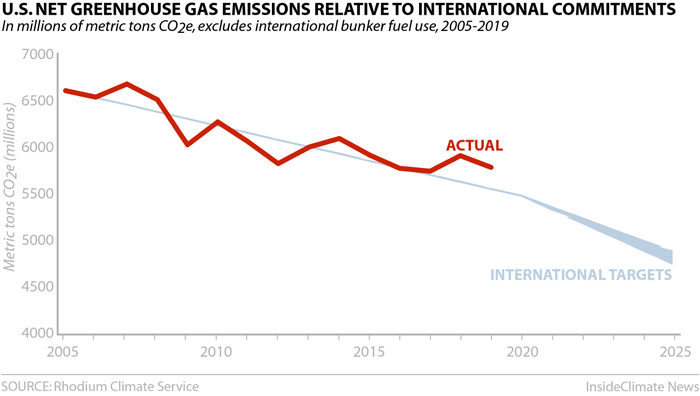
The UNFCCC details the Intended Nationally Determined Contribution (INDC) commitments of all of the signatories, including the US.
The business community’s letter urges President Biden to use his April 22nd meeting to double our commitments, re-exert American leadership on the issue of climate change mitigation, and actually “make America great again.” Next week we will all find out the president’s response.

